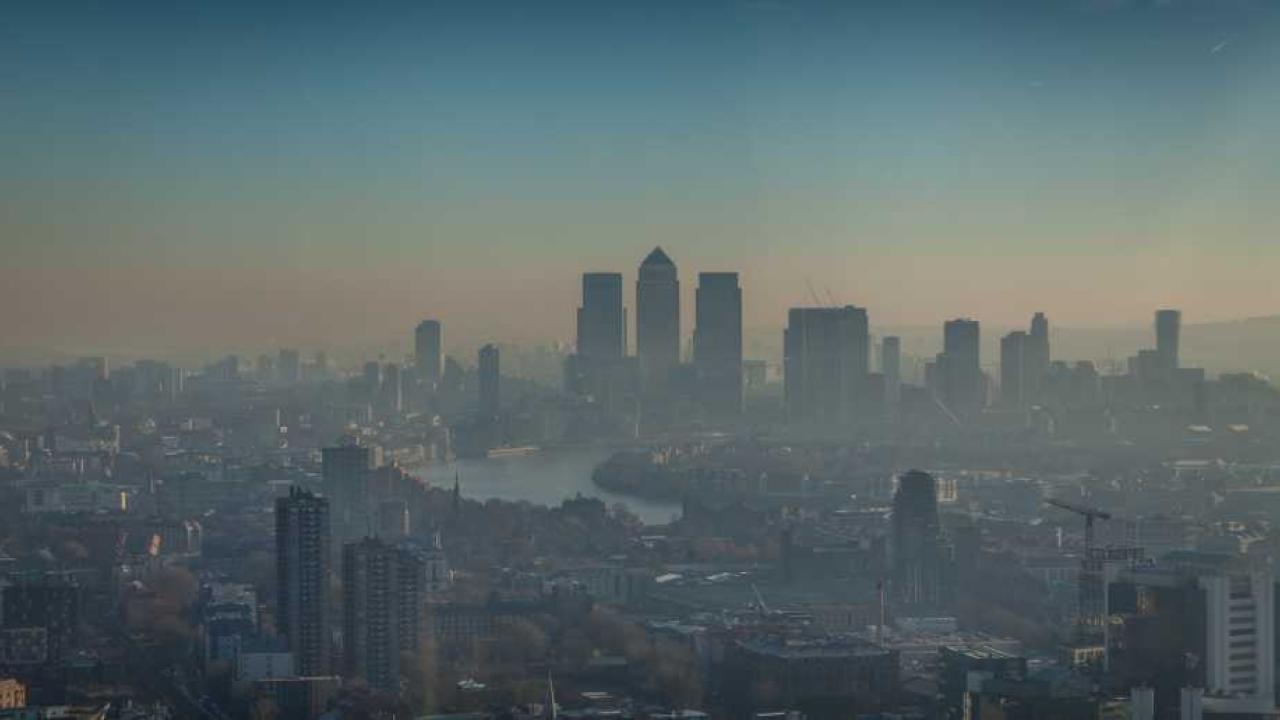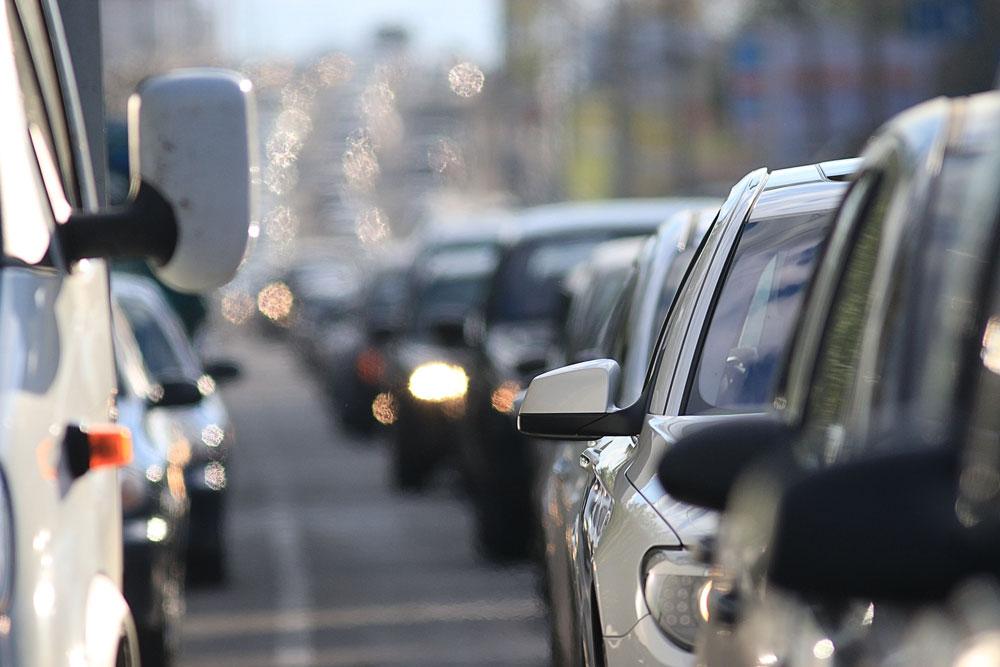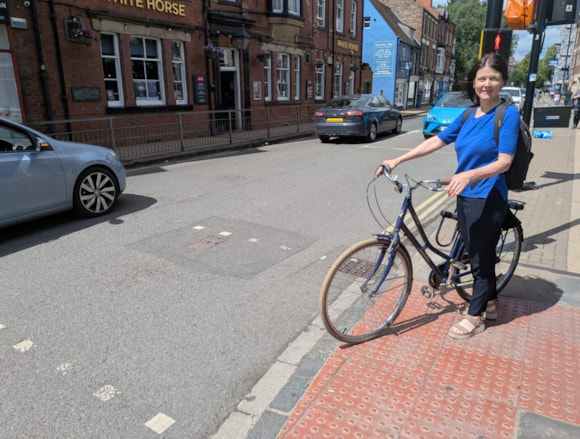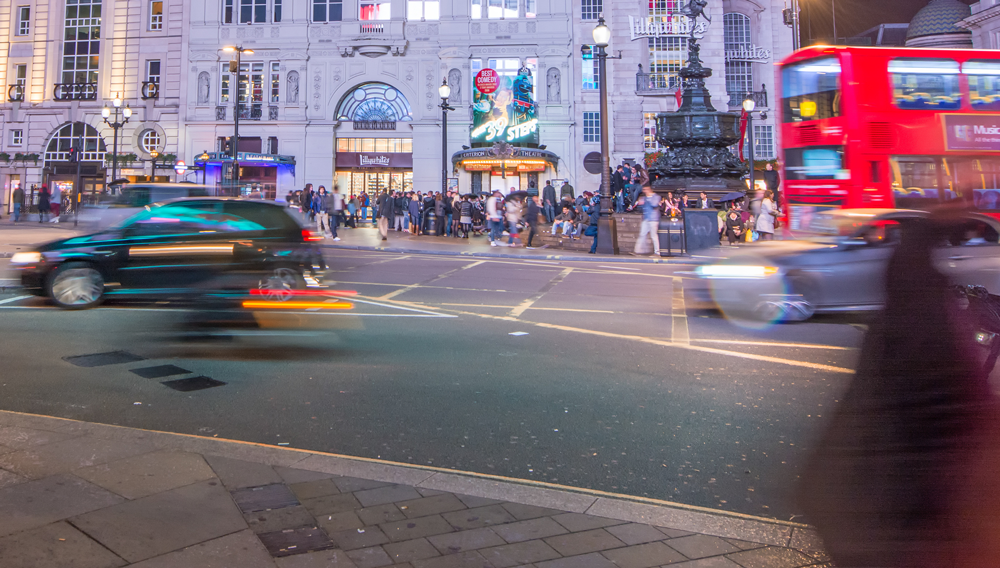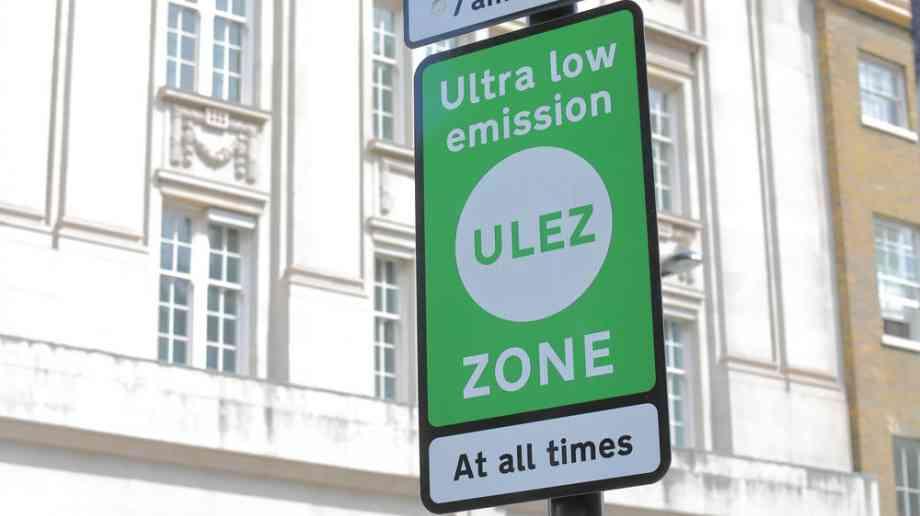A report commissioned by the Greater London Authority and carried out by HealthLumen has shown that London's Ultra Low Emission Zone (ULEZ) and other policies to tackle air pollution will save the NHS around £5 billion and more than one million hospital admissions over the next 30 years.
It reveals that by 2050, the impact of London's air quality policies, including the ULEZ, Low Emission Bus Zones and no longer licensing new diesel taxis, are predicted to result almost 300,000 Londoners saved from diseases attributable to air pollution. This is a reduction of around one in every four air pollution related diseases.
The measures are predicted to produce a cost saving to London’s NHS and social care system of around £5 billion, and for one million fewer new air pollution related hospital admissions in London.
The report also says that in addition to the policy areas controlled by the Mayor, if no wider action is taken by the Government to reduce air pollution, around 550,000 Londoners would develop diseases attributable to air pollution over the next 30 years. It also says the cumulative cost to the NHS and social care system in London is estimated to be £10.4 billion.
Mayor of London, Sadiq Khan, said: “Air pollution is a national health crisis that is contributing to thousands of premature deaths in London alone. Toxic air causes long-lasting harm and could devastate lives for generations. This new data shows that the action we’re taking is already making a difference and saving lives. The ULEZ in particular will have a transformative impact in the coming years, with one million fewer air pollution related hospital admissions and billions of pounds saved to the NHS.
“I’ve moved fast in London to implement the most ambitious plans to tackle air pollution of any major city in the world - showing what we can achieve if we are brave enough to take bold action. The Government must take urgent steps to help clean up filthy air across the country, including with a new Environment Bill to give cities the powers they need and making World Health Organization air quality guidelines legally binding targets to be met by 2030.”

